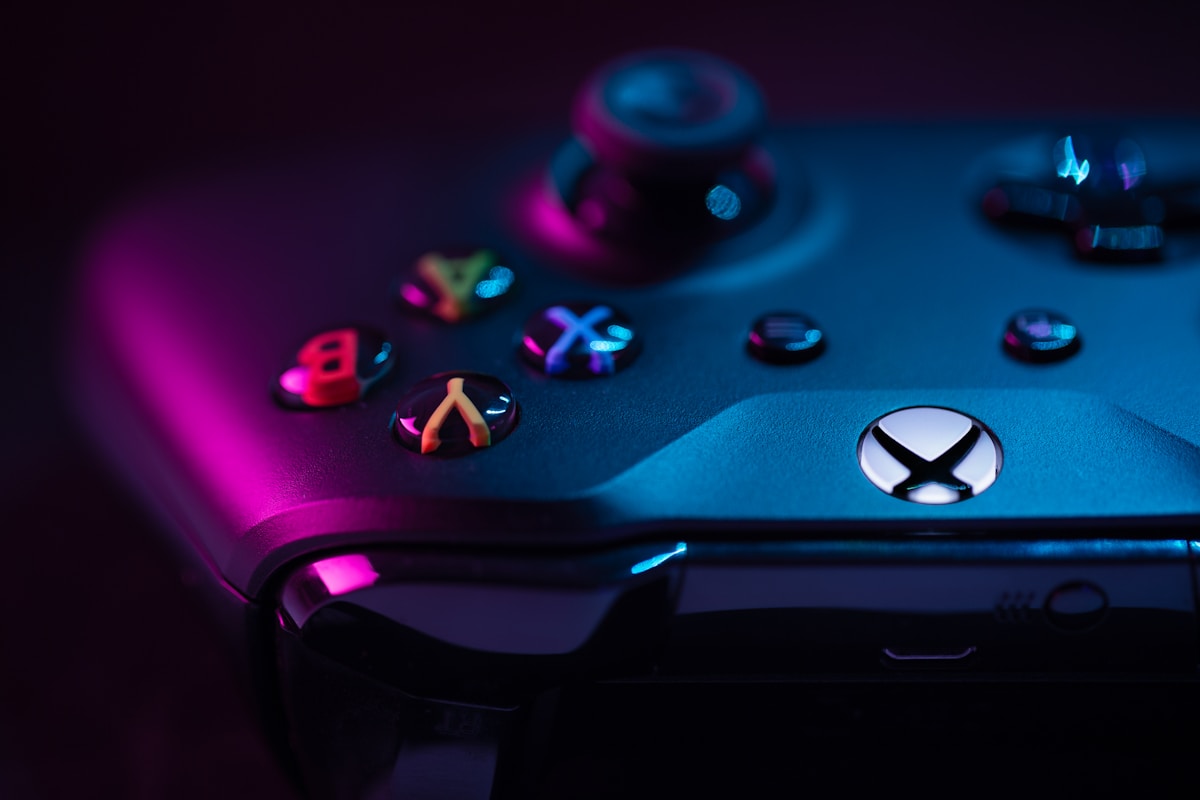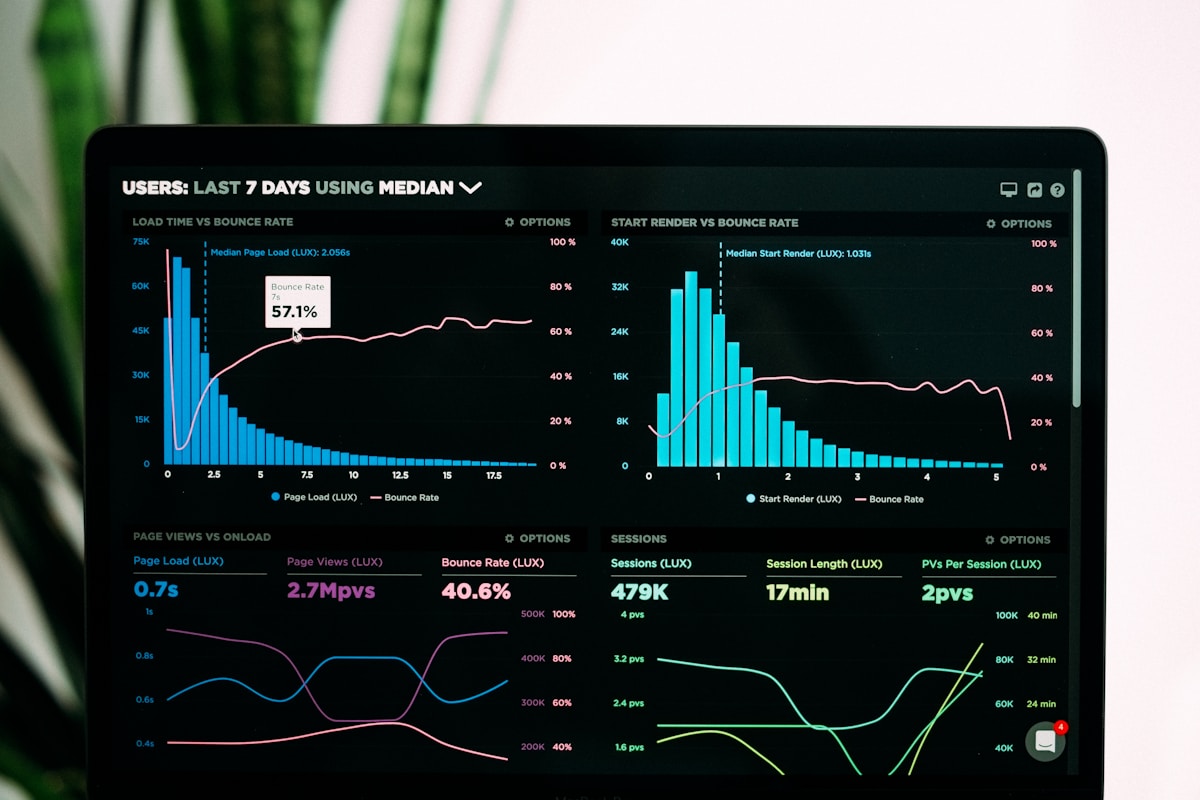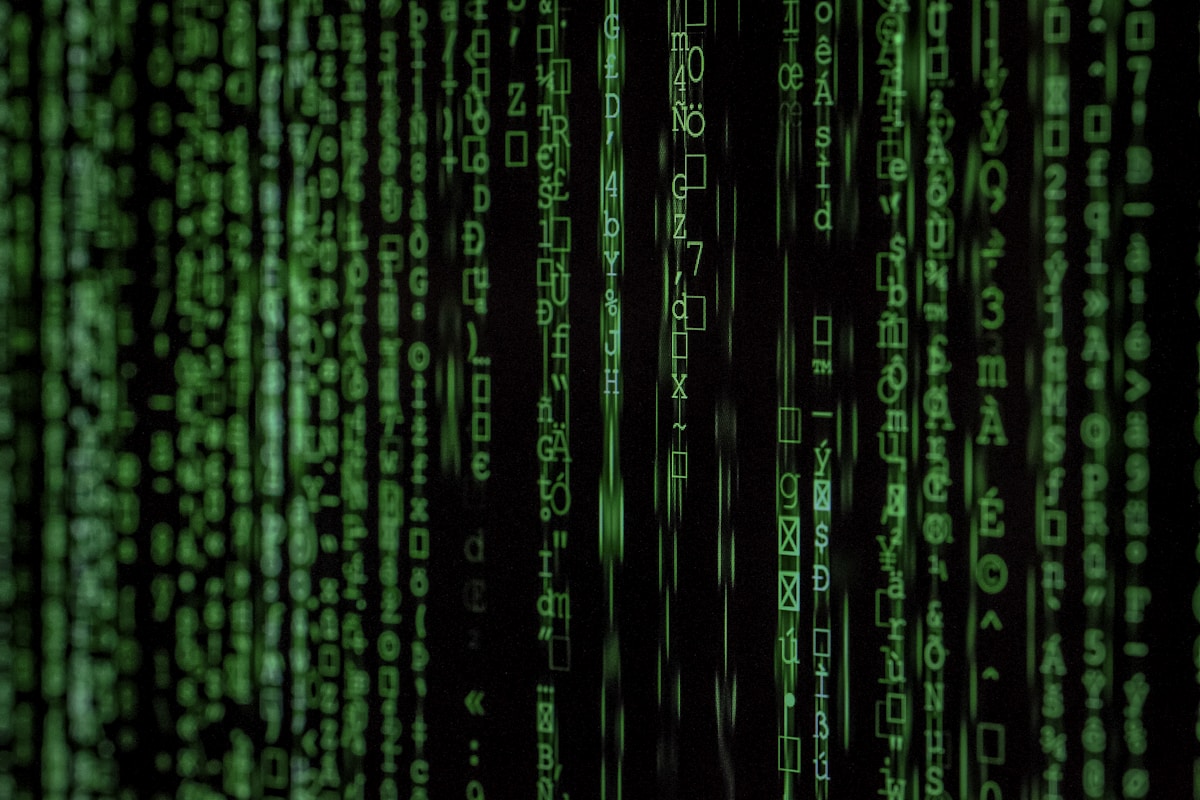Unity just dropped a bombshell on the game development community. The company discovered a high-severity security vulnerability that’s been lurking in every version of the engine since 2017.1, potentially affecting millions of games across Android, Windows, Linux, and macOS. The exploit was found on June 4, 2025, and patched on October 2, but the damage timeline stretches back eight years.
What the Vulnerability Actually Does
The flaw makes applications susceptible to an unsafe file loading and local file inclusion attack. In plain terms, an attacker could potentially execute malicious code on a device running an affected Unity game or application, operating at the privilege level of that software. They could also extract sensitive information, which is particularly concerning for games handling payment data or connected to crypto wallets.
Unity assigned it a CVSS score of 8.4 out of 10, landing it firmly in high-severity territory. The CVE documentation cataloged as CVE-2025-59489 notes that if an application was built with a vulnerable Unity Editor version, attackers could run code and pull sensitive data from devices. The good news is Unity claims there’s no evidence the vulnerability has been exploited in the wild, and no users or customers appear to have been impacted.
How the Patch Rollout Is Happening
Unity is urging developers to recompile and republish their games using patched versions of the Unity Editor. Every version from 2017.1 forward needs updating, which is a staggering amount of legacy software. For developers who don’t want to rebuild entire projects, Unity released an Application Patcher tool that works on Android, Windows, and macOS builds.
There’s a catch though. The patcher doesn’t work with builds that have tamper-proofing or anti-cheat measures baked in, and it doesn’t support Linux at all. Unity explains that due to Linux’s lower risk profile in typical deployment scenarios, they decided against releasing a Linux version of the patcher. Developers running Linux environments with strict access controls are advised to rebuild their applications using the patched Unity Editor to eliminate the vulnerable code paths.
Platform-Specific Protections
Major platform holders have already moved to protect users. Valve rolled out an updated version of Steam with built-in mitigations against the exploit. Microsoft updated Windows Defender to detect and block the vulnerability automatically. Google’s Android platform uses its existing malware scanning infrastructure to flag affected software. Meta and other platform partners have also implemented safeguards.
Interestingly, the vulnerability doesn’t appear exploitable on iOS, tvOS, visionOS, Nintendo Switch, PlayStation, UWP, or WebGL. Those platforms seem immune based on current findings, which narrows the attack surface considerably.
Why This Sat Undetected for Eight Years
Security vulnerabilities hiding in plain sight for nearly a decade isn’t unheard of, but it’s still jarring. Unity’s code sits at the foundation of thousands upon thousands of commercial games and applications. The fact that this flaw went unnoticed through multiple engine iterations, industry security audits, and bug bounty programs raises questions about how thoroughly legacy code gets scrutinized as new features pile on top.
Unity operates an ongoing bug bounty program and conducts regular security assessments, yet this particular vulnerability slipped through the cracks until mid-2025. The company has been transparent about the issue, publishing detailed technical documentation including the patching tool, remediation guide, security advisory, and CVE entry. Still, the eight-year gap between introduction and discovery is a wake-up call for the entire game development ecosystem.
What Developers Need to Do Right Now
If you’ve shipped a Unity game or application using version 2017.1 or later, Unity strongly recommends taking immediate action. Download the patched Unity Editor from Unity Hub or the Unity Download Archive, rebuild your project, and republish. The company insists the fix is unlikely to break most games, though that phrasing leaves some wiggle room for edge cases.
For teams that can’t afford a full rebuild cycle right now, the Unity Application Patcher is available as a stopgap measure. Just remember it won’t work if you’ve implemented anti-cheat or tamper protection, and Linux developers are out of luck entirely with the automated solution.
Impact on Players and End Users
Gamers don’t need to panic, but staying vigilant makes sense. Keep devices and applications updated, especially Unity-based games on Android and Windows where the vulnerability poses the highest risk. Steam users got automatic protection through Valve’s client update, and Windows Defender is actively blocking exploitation attempts.
Mobile gamers should pay extra attention. Android’s built-in security features will flag vulnerable apps, but older games that haven’t received updates in years could still pose a risk. Crypto gaming enthusiasts face particular exposure since wallet-connected games could theoretically leak sensitive data if exploited.
The Bigger Picture for Game Security
This incident highlights how foundational tools like game engines create systemic risk across the entire industry. When a single vulnerability affects code dating back to 2017, every game built on that foundation inherits the problem. The scope is massive. Unity powers everything from indie passion projects to AAA blockbusters, mobile hits to VR experiences.
The silver lining is that Unity caught this through internal processes rather than learning about active exploitation in the wild. The company patched quickly once discovered and coordinated with platform partners to roll out protections. Their transparency around disclosure and remediation deserves credit, even if the vulnerability’s longevity raises uncomfortable questions.
Frequently Asked Questions
Which Unity versions are affected by the security vulnerability?
All Unity versions from 2017.1 onward contain the vulnerability. This includes every major release from 2017 through 2025 across Android, Windows, Linux, and macOS operating systems.
Has anyone actually been hacked because of this Unity flaw?
Unity states there’s no evidence the vulnerability has been exploited or caused any impact on users or customers. The company discovered it through internal security processes before attackers could take advantage.
Do I need to update my Unity games as a player?
Yes, keeping games and devices updated is crucial. Platform holders like Valve and Microsoft have implemented automatic protections, but older games that haven’t been patched by developers could still pose risks.
What should developers do if they can’t rebuild their entire project?
Unity released an Application Patcher tool for Android, Windows, and macOS that can patch existing builds without rebuilding. However, it doesn’t work with anti-cheat or tamper-proofing measures, and Linux isn’t supported.
Are console games affected by this Unity vulnerability?
No. Nintendo Switch, PlayStation, Xbox (UWP builds), iOS, tvOS, visionOS, and WebGL platforms don’t appear vulnerable based on current findings. The issue primarily affects PC and Android builds.
Why did it take eight years to discover this security flaw?
Unity hasn’t provided specific details about why the vulnerability went undetected for so long. Security flaws in foundational code can be difficult to identify, especially when buried under years of subsequent development.
Will patching the vulnerability break my Unity game?
Unity claims the fix is unlikely to break most games, though they stop short of guaranteeing zero compatibility issues. Developers should test patched builds thoroughly before republishing.
Conclusion
An eight-year-old security vulnerability hiding in one of the world’s most popular game engines is a sobering reminder that no software is bulletproof. Unity’s relatively quick response and transparent disclosure once they found the problem shows they’re taking security seriously, but the sheer scope of affected software means this will take time to fully resolve. Developers need to act now by patching and republishing, while players should stay on top of updates and trust that platform-level protections are working behind the scenes. The good news is there’s no evidence of active exploitation, which means the window to fix this before real damage occurs is still open.


